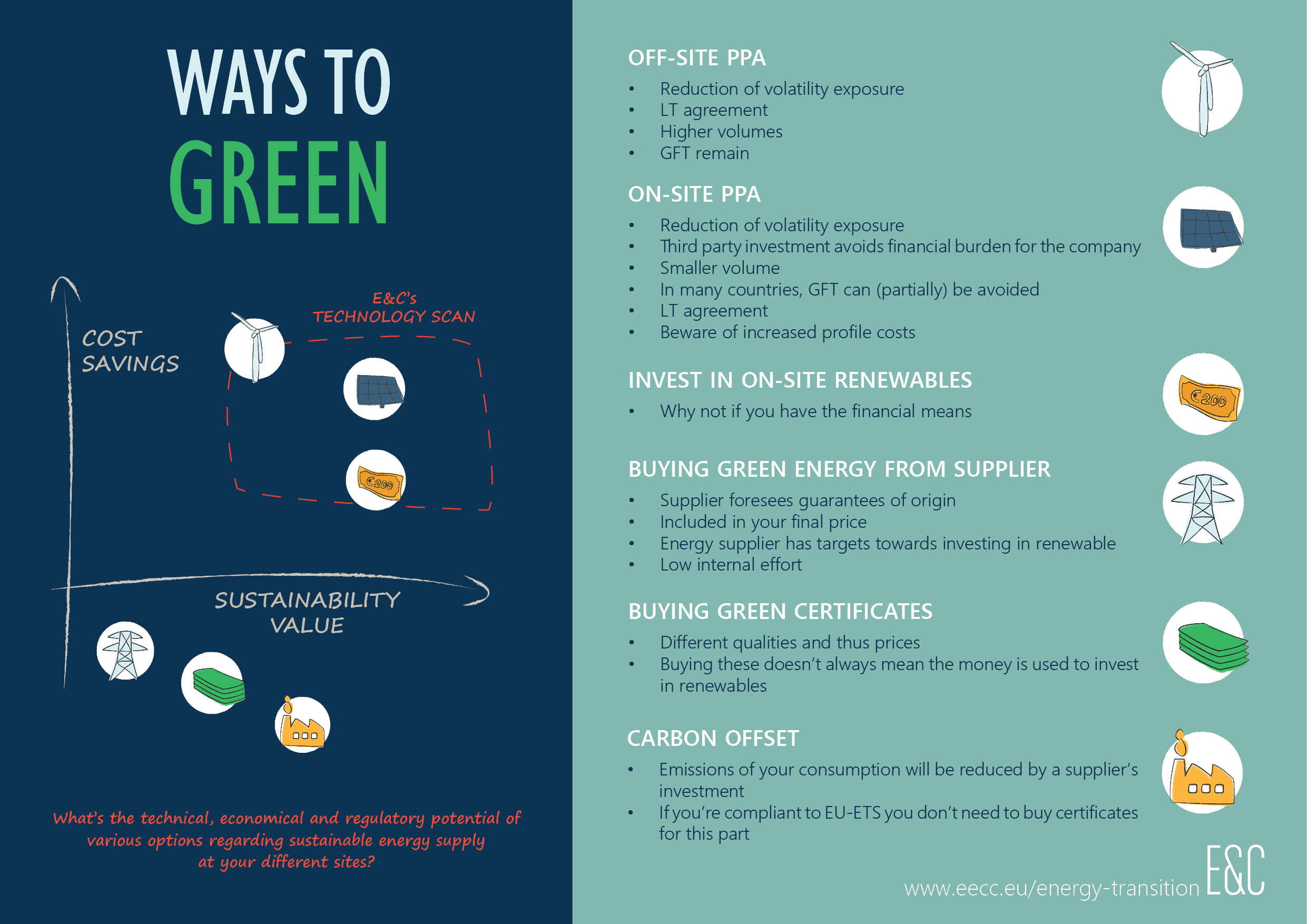One of the policies to promote the energy transition is the usage of certificates to prove the production method of energy. Inside the EU we have a well-functioning system of guarantees of origin for renewable energy. Every producer of a MWh of green electricity receives a guarantee of origin. Suppliers can buy those and link them to their electricity supply products to prove that they sold green power. Or consumers can buy them directly in the market to green their electricity supply.

Now the Dutch government wants to take this a step further, see this article by my colleague Lisa Maes. The Netherlands wants full disclosure, meaning that every MWh that is supplied to an end-consumer needs to be traced back to its production methods with certificates, hence green as well as nuclear, gas-fired, coal-fired, etc. Which is – quite frankly – a terrible idea, for different reasons:
- It ignores the physical realities of electricity supply. Electricity isn’t like a book that Amazon sends to you, which you can effectively trace all the way back to the printshop where it was printed. Electricity supply works through the maintaining of tension on the grid. There isn’t someone in the power production fabric that can tag labels to electrons. Tracing of the electricity you consume to a specific source makes no sense from a physical point of view. You can’t say exactly where the electricity that makes your light go on comes from. Therefore, systems to certify or guarantee origins will always be just that, paper systems that are parallel to the physical reality. With technologies such as blockchain, we will maybe have one day a much more advanced link between the physical electricity and the tracing of its origins. But there will always be disconnects between the paper world of guarantees and certificates and the physical world of the electricity.
- It ignores the fact that electricity is traveling across borders. In case of a lot of wind, there is a large quantity of wind electricity exported from Germany to the Netherlands and when there is low wind, Dutch gas-fired power travels in the other direction. The system designed by the Netherlands doesn’t allow for such cross-border tracing, which could cause a huge chaos.
- The system of guarantees of origin works relatively well in marketing green electricity. Now that more and more green electricity is bought directly from the producers by PPA’s, we can ask some questions on whether these guarantees will survive. But they are there and they work relatively well. It allows someone to make a (small) extra effort financially to buy green electricity and market that to the outside world. But will it work when every MWh needs to be tagged?
- Which brings me to the main question. Why would you want to do that? The system of guarantees or certificates of green origin creates an economic incentive to produce green electricity, which is fine. But what happens in terms of economic incentives when you start giving certificates to e.g. coal-fired power? Either this price will be very high, meaning that you are handing out extra rent to coal-fired power stations. Or the price will be very low, which means that you are creating an economic incentive for consumers to consume more coal-fired power. Is that the purpose of the Dutch government?